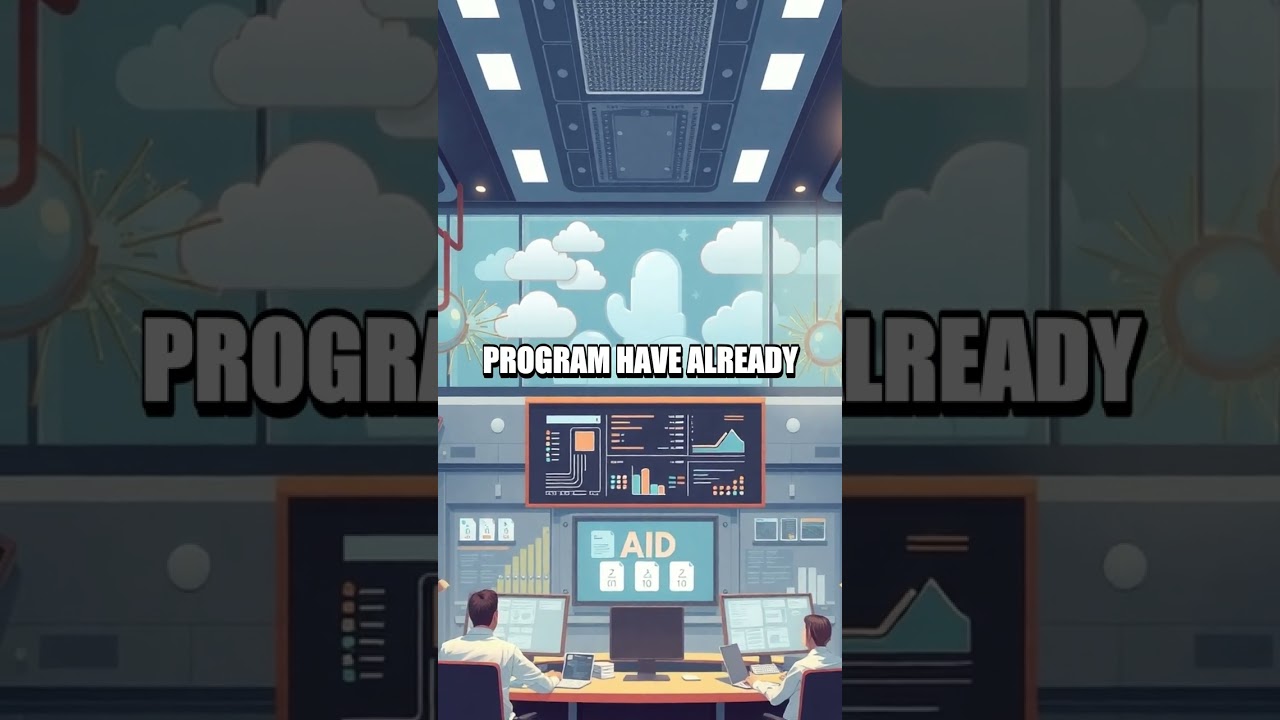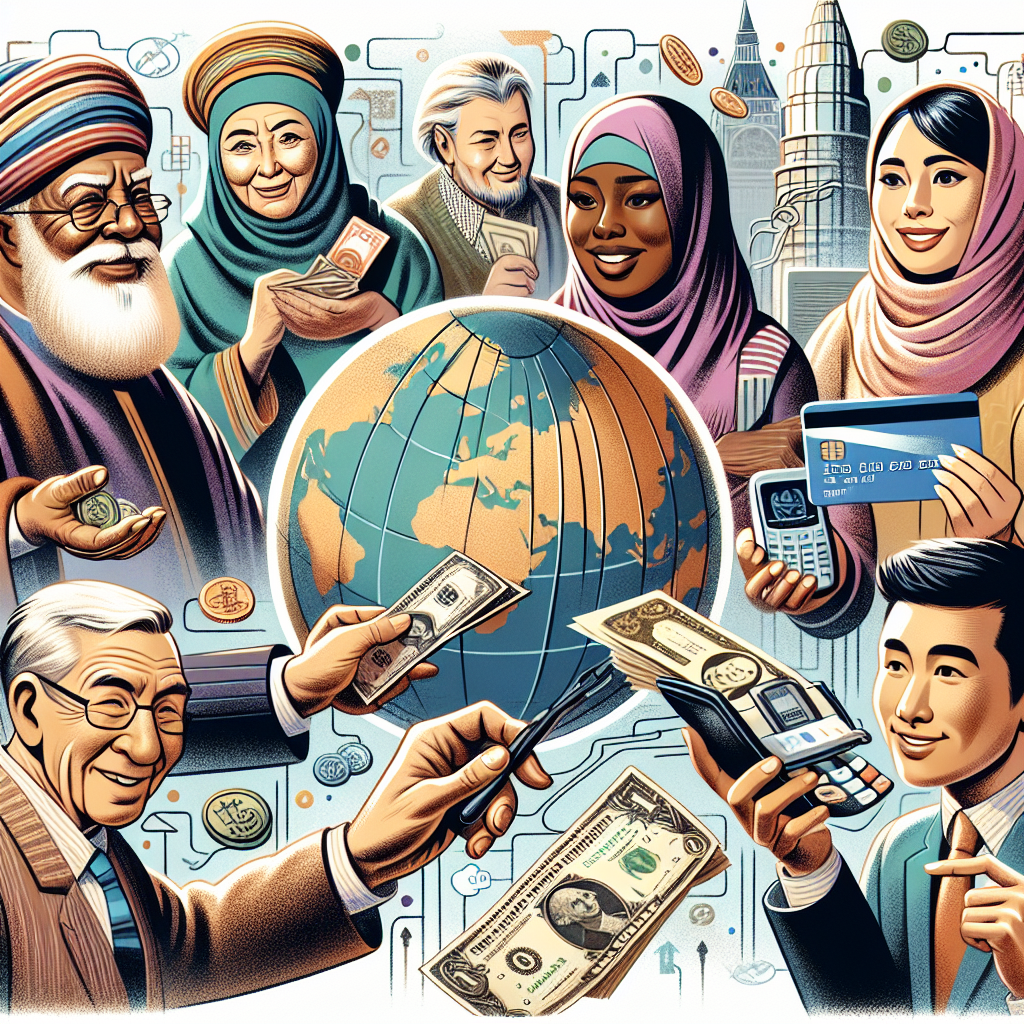Understanding the Problem
Charity organizations play a vital role in helping people in need. However, many charities face issues that can make it hard for donors to trust them. Some of these problems include:
- Lack of Transparency: Donors often do not know how their money is being used.
- Fraud and Mismanagement: Some organizations can be dishonest about where donations go.
- High Administrative Costs: A significant portion of donations may go to administrative expenses instead of helping those in need.
These issues can discourage people from donating, as they want to ensure their money makes a real difference. This is where blockchain technology comes into play.
Blockchain’s Role in Charity and Philanthropy
What is Blockchain?
Before diving into how blockchain helps charity, let’s understand what blockchain is. In simple terms:
- Blockchain: A digital ledger that records transactions across multiple computers. Once a record is added, it cannot be changed or deleted, ensuring security and transparency.
- Decentralization: Unlike traditional systems that rely on a single entity (like a bank), blockchain operates on a network of computers, making it less vulnerable to fraud.
How Blockchain Enhances Charity Donations
Blockchain technology offers several solutions to the problems faced by charities:
1. Increased Transparency
With blockchain, every donation made is recorded on a public ledger. This means:
- Donors can track where their money goes.
- Charities must provide detailed reports on funds raised and how they were used.
“Blockchain technology allows for a clear audit trail, which helps assure donors that their contributions are going to the right places.” – Charity Expert
2. Enhanced Security
Blockchain uses cryptographic protocols to secure data, making it extremely difficult for anyone to tamper with information. This greatly reduces the risk of fraud.
3. Lower Costs
By cutting out the middlemen, like banks or payment processors, blockchain can reduce the costs associated with transferring funds. More money can go directly to those in need:
- Saving on transaction fees.
- Eliminating unnecessary administrative expenses.
4. Smart Contracts
Smart contracts are self-executing contracts with the agreement directly written into code. They automatically carry out terms once conditions are met. In charity, this means:
- Donations can be programmed to release funds only when certain conditions are fulfilled.
- This ensures money is spent efficiently and as intended.
“Smart contracts can provide peace of mind to both donors and charities, ensuring funds are used effectively.” – Blockchain Specialist
Real-World Examples
Various organizations are already implementing blockchain in their donation processes:
- Giveth: A platform aimed at creating a decentralized charity ecosystem, using blockchain for transparency.
- BitGive: Facilitates Bitcoin donations to charities with tracking features built on blockchain.
Challenges to Consider
While blockchain holds great promise, there are challenges:
- Technology Adoption: Charities need to understand and adopt this new technology.
- Regulatory Issues: Different countries have different laws regarding cryptocurrencies and blockchain.
Looking Ahead
With the ongoing development of blockchain technology, the future of charity donations looks promising. By offering more security and transparency, blockchain can help rebuild trust between donors and charities.
To make the most of these benefits, it’s essential for both donors and organizations to stay informed about blockchain and its applications in the charity sector.



